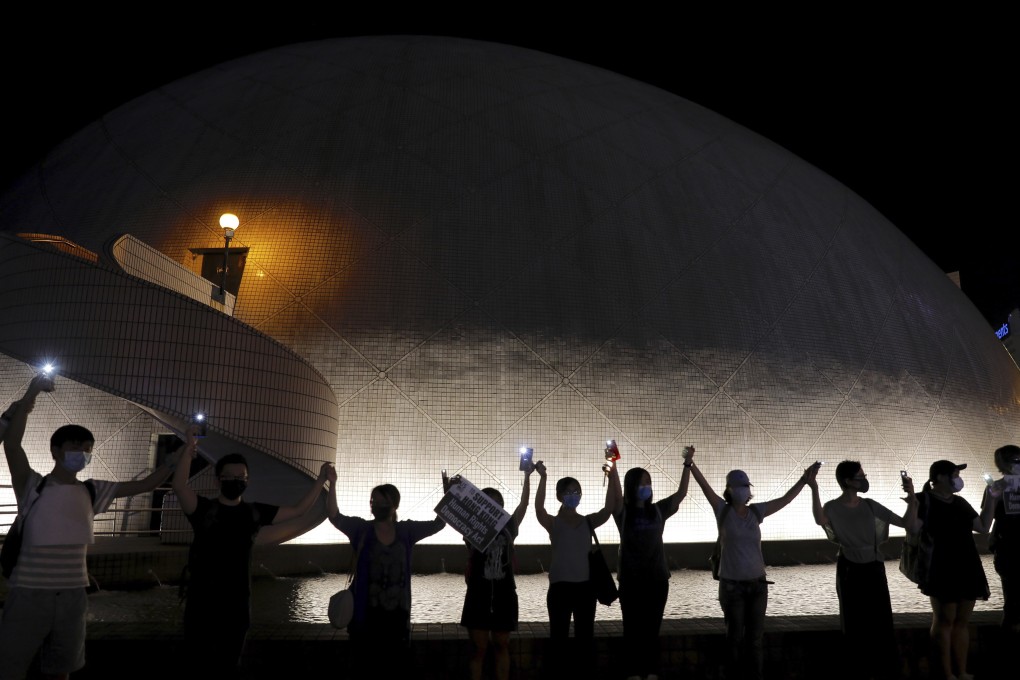Advertisement
Opinion | If Carrie Lam declares an emergency in Hong Kong, she will be defying the rule of law
- The Basic Law does not give Hong Kong’s chief executive the power to ‘officially proclaim’ a state of emergency
- The city’s leader therefore has no lawful power to make emergency regulations that would comply with Hong Kong’s international treaty obligations and own bill of rights
Reading Time:4 minutes
Why you can trust SCMP

The public is anxiously awaiting definitive news as to whether the government will indeed invoke the long-dormant but draconian Emergency Regulations Ordinance to enact measures to quell the political unrest.
So, it is worth reviewing whether, from a constitutional perspective, the ordinance is indeed a “legal means” which the government has at its disposal to deal with the present circumstances, as Chief Executive Carrie Lam Cheng Yuet-ngor has claimed.
The ordinance gives the Chief Executive in Council sweeping powers to declare regulations and implement measures which abrogate the basic rights of citizens, such as the right to publish and the right to assembly. But there are serious questions as to whether it is consistent with the constitutional instruments in Hong Kong and, hence, is constitutional.
Advertisement
It is also highly doubtful whether the Chief Executive in Council has the power to declare a state of emergency and lawfully make emergency regulations under the ordinance.
The protection of human rights in Hong Kong is guaranteed by the International Covenant on Civil and Political Rights (ICCPR), to which Hong Kong has been a party since 1979. The Hong Kong Bill of Rights Ordinance was enacted in 1991 as the domestic law implementing the ICCPR.
The covenant is expressly entrenched in the Basic Law, the mini-constitution of Hong Kong since 1997. Any law which is incompatible with the covenant as applied in Hong Kong, therefore, contravenes the Basic Law and is of no effect.
Advertisement
Select Voice
Select Speed
1.00x

